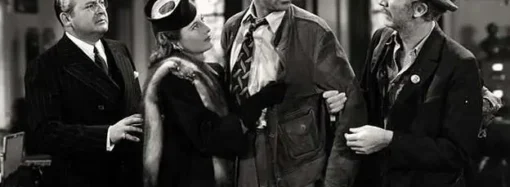The traditional adage is that “old men start wars, but young men fight them.” That might not be the case when it comes to ISIS, though.
According to the Harvard Institute of Politics (IOP) most recent poll, 60 percent of young Americans (aged 18-29) support sending troops to obliterate ISIS.

In a revealing testimony to the times, though, it turns out that the vast majority (85%) of 18-29 year-old Americans are like the old men of yore. They want a war, but somebody else should do it.

Setting aside the desire for war, but the unwillingness to fight it, the desire for war itself presents some interesting questions for a fairly morally relative generation.
First of all, how often do young Americans critique America and the West for anything from invading Iraq to various colonial or imperial actions that took place hundreds of years ago? The topic of the West’s guilt certainly comes up with great frequency on social media. Yet, here we have another generation deciding to invade the Middle East.
Secondly, we also regularly hear that we cannot assert our Western cultural values upon another group or culture. But isn’t destroying ISIS the very essence of asserting our values upon another people? Do you not think that ISIS believes that their truth is superior to your truth? The Nazis and the Soviets generally hid their barbarism. ISIS documents it for the world to see. Facing down ISIS, are we now willing to admit that not all cultures are equal and that universalism or multiculturalism cannot stand in the face of those who have the will to power?
Third, how often are Christians beat up for the Crusades which happened 800 years ago? What difference is there between the men of Christendom uniting to liberate previously Christian lands from a Muslim conquest and today’s young Americans’ desires to liberate chunks of the Middle East from ISIS? Neither action is value-neutral. You may argue that the Crusaders were attempting to impose their religion or values on others, but isn’t that the same as attacking ISIS members in the name of the West’s post-modern values?
Fourth, if young Americans find themselves disgusted and outraged by ISIS, what does that say about objective truths? Is ISIS wrong simply because they are in conflict with Western values or are they wrong because they violate objective truths? Does it matter?
Now, don’t get me wrong, I’m disgusted and horrified by ISIS. But I also find the near-universal outrage against ISIS to be a fascinating insight into the perennial debate about “good” and “evil”, “right” and “wrong”. It would seem that for some reason, the people of the West find themselves compelled in their hearts to destroy ISIS. And, yet, such an assertion of force would in many ways violate the orthodoxies of our modern culture of tolerance and universalism. Some soul-searching and reflection is probably in order.
















Leave a Comment
Your email address will not be published. Required fields are marked with *